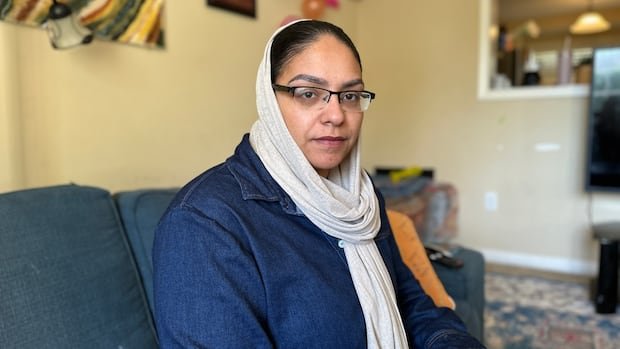Some members of the Sudanese Canadian community are expressing frustration towards Ottawa for rejecting their bids to privately sponsor family members escaping conflict. They claim that the rejection notices lack clarity on the missing elements in their applications and offer no opportunity for rectification.
Samah Mahmoud, an immigration consultant in London, Ont., shared her experience of having her sister’s sponsorship application turned down. According to Mahmoud, over 50 sponsors nationwide have received similar rejections, citing incompleteness as the reason. However, applicants assert that their submissions align with the official guidelines.
The ongoing civil war in Sudan, which commenced in April 2023, has resulted in significant casualties, with millions displaced and widespread hunger reported by the United Nations. In response, Canada announced plans to accept new applications to resettle 350 Sudanese refugees under private sponsorships.
Despite the reopening of a family-based pathway earlier this year, concerns persist over the processing delays and lack of clarity in rejection notifications. Applicants are supposed to receive a procedural fairness letter outlining specific concerns before final decisions are made. However, the ambiguity surrounding the rejection messages has left many in the Sudanese community puzzled and frustrated.
IRCC has mentioned that incomplete applications have been returned due to program capacity constraints, with decisions pending review. While the ministry insists that decisions are made based on submitted evidence, applicants are concerned about the lack of communication regarding missing documents.
Sudanese Canadians have criticized the government for what they perceive as insufficient support compared to other humanitarian programs. They argue that the current system lacks transparency and places a heavy financial burden on sponsors.
Individual stories like Mahmoud’s and Edmonton resident Razan Nour’s reflect the broader challenges faced by Sudanese Canadians in navigating the sponsorship process. The community is calling for more transparency, expedited processing, and clearer communication from the government to fulfill their promises of support.

